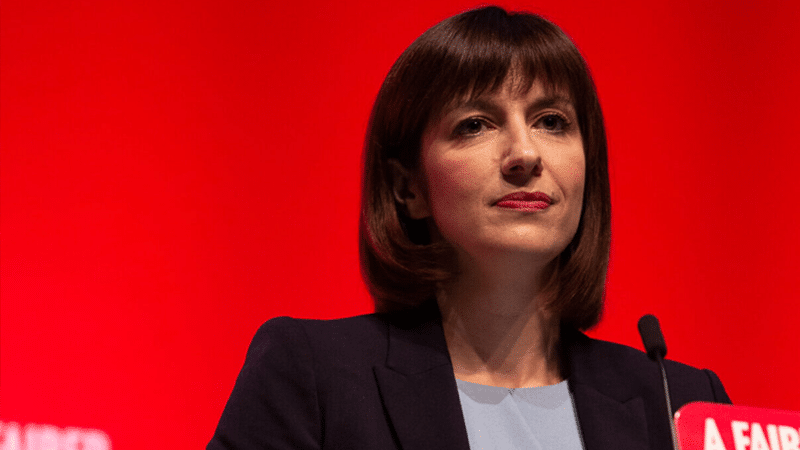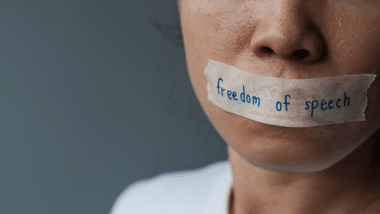The implementation of a new law to ensure universities protect and promote free speech has been abruptly halted by the new Education Secretary.
Just days before it was due to come into effect, Bridget Phillipson told the House of Commons that she had decided to “stop further commencement” of the Higher Education (Freedom of Speech) Act 2023.
Phillipson, who is considering repealing the legislation altogether, said she would confirm her long-term plans “as soon as possible”.
Perilous attack
Explaining the decision, the Department for Education said: “The Act requires universities, colleges and students’ unions in England to take steps to ensure lawful freedom of speech on campus.”
However, it claimed, “there is widespread concern about the negative impact of the Act from vulnerable groups” and fears that it would expose higher education providers “to costly legal action”.it’s quite evident that free speech and academic freedom are in peril in universities
Akua Reindorf KC
Human Rights expert Akua Reindorf KC expressed shock at Phillipson’s announcement, saying: “The Act was not perfect, but it’s quite evident that free speech and academic freedom are in peril in universities.”
Toby Young, the Director of the Free Speech Union, accused the Government of attacking the law in the middle of “a free speech crisis in our universities”.
‘Free inquiry’
The Daily Telegraph used its editorial to question the Secretary of State justifying her decision by citing safety concerns for “vulnerable groups” on campus.
It commented: “if that is the case, surely the correct response would have been to tighten up the language of the Act, rather than to potentially shelve entirely a piece of legislation many academics consider necessary”.
Referring to Professor Kathleen Stock OBE, who was ousted from her job following a campaign of abuse by trans activists, the newspaper said “such incidents run directly contrary to the purpose of the university as a space for free inquiry”.
It continued: “academics must be able to ask difficult questions and reach uncomfortable conclusions in their search for the truth. The clear legal protections offered by the Act would have provided the necessary security for them to do so”.
Academic freedom
In January, Freedom of Information requests made by the Committee for Academic Freedom revealed that at least nine UK universities have branded as ‘transphobic’ those who uphold the reality of biological sex.
According to the free speech campaign group, universities including Imperial College London and the University of Aberdeen almost completely copied “Stonewall’s definition of transphobia”, which includes “refusing to accept” a person’s “gender identity”.
A further eight universities pledged to remove “transphobic propaganda” from their campuses.
The Committee said: “The chilling effect is made worse by the fact that ‘transphobic’ is a strongly critical term – it is often compared to ‘racist’. The nine universities are not merely taking an official view on the gender debate; they are labelling those who disagree with this view as morally evil.”
Changes
Last year, the Office for Students (OfS) committed to protecting the free speech of students, staff and visitors as it published proposals for a ‘free speech complaints scheme’.
The scheme will allow those whose lawful free speech has been stifled or restricted on English campuses to “seek redress for any loss they have suffered as a result”.
The future of the scheme is unclear following Phillipson’s appointment of Sir David Behan as interim chair of the OfS to “refocus” its mission and work towards achieving “financial sustainability in the higher education sector”.
The Daily Telegraph reports that Professor Arif Ahmed’s role as Director for Freedom of Speech and Academic Freedom at the OfS also “faces serious uncertainty”.
Queen’s Uni threatens to discipline staff and students for ‘misgendering’
Oxford dons: ‘SU attack on free speech entering dangerous territory’
Gender-critical prof quits after campaign of abuse by trans activists


